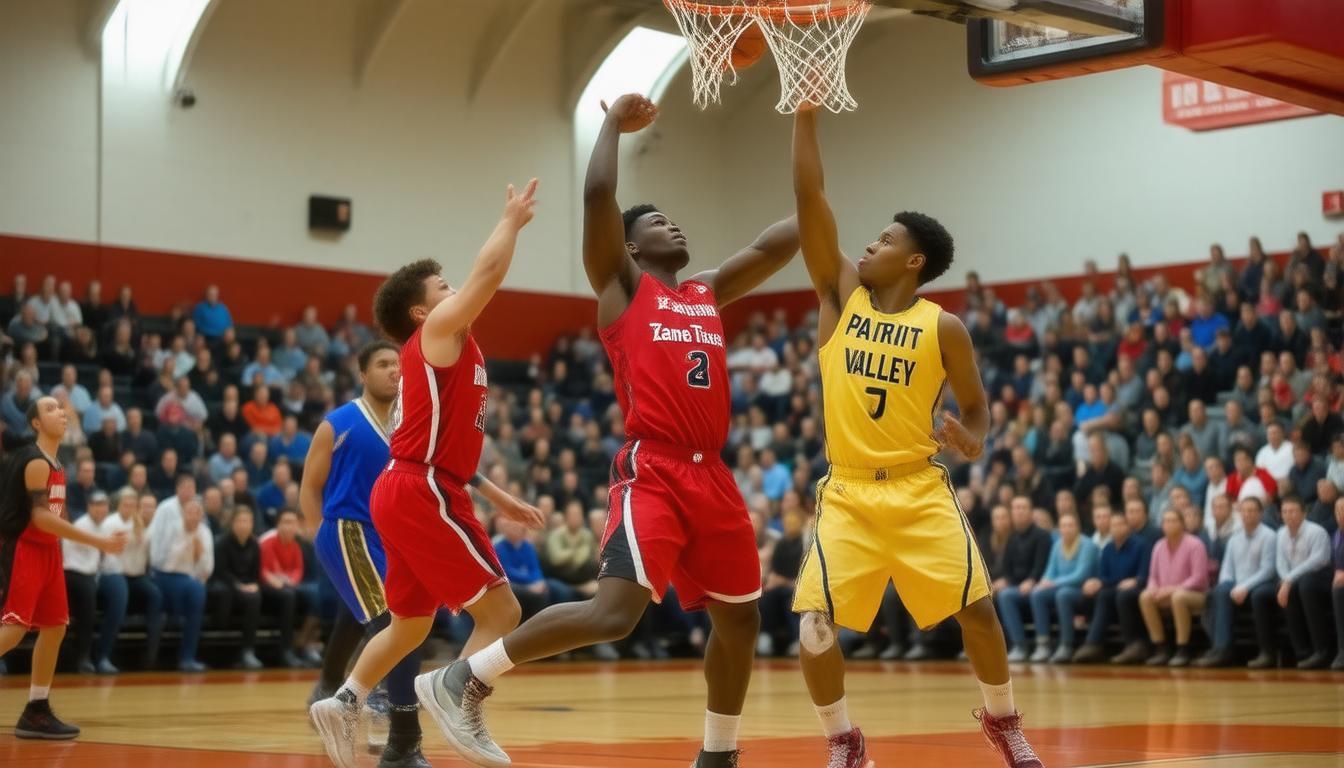

Understanding the Risks and Reasons Behind Skipping Home Inspections
In the current real estate market, where competition is fierce and properties move quickly, some buyers are contemplating whether they should skip the home inspection process. This could be a high-stake gamble that might either pave the way for a quicker deal or lead to unforeseen challenges. This article explores why some homebuyers consider this strategy and the potential implications of such a decision.
Why Are Buyers Skipping Home Inspections?
The primary reason buyers consider skipping home inspections is to make their offer more attractive to sellers. In a highly competitive market, a buyer who does not require an inspection is often seen as easier to work with, potentially accelerating the closing process. This can be particularly enticing to sellers who are eager to move on from their property without additional complications.
Additionally, in situations where multiple offers are presented, an offer without an inspection contingency can stand out. This can be appealing to buyers who have lost out on multiple properties and are looking for ways to secure a deal.
Economic Pressures and Market Dynamics
Economic factors also play a significant role in this decision. With rising home prices and interest rates, some buyers feel the pressure to act quickly before they are priced out of the market. This urgency can lead to the decision to forego inspections in hopes of reducing costs and speeding up the transaction process.
However, what seems like savings in the short term may lead to significant expenses in the long run. Skipping a home inspection can mean unknowingly inheriting substantial repair and maintenance issues—expenses that could dwarf the cost of an inspection.
The Risks Involved in Skipping Inspections
For all its potential short-term gains, the decision to skip a home inspection carries considerable risks. The primary concern is that buyers without a detailed and professional assessment of the property may end up with costly issues that a typical home inspection would have uncovered. Common hidden problems include structural defects, outdated electrical systems, and plumbing issues, among others.
Beyond immediate repair costs, there are also long-term implications to consider. Structural problems or issues with major systems can significantly decrease a home’s resale value, affecting the long-term investment potential of the property. Moreover, some insurance companies require inspection reports before offering coverage, potentially complicating matters further for buyers who choose to skip this step.
Alternative Solutions and Strategies
For those buyers who are considering skipping a home inspection but are concerned about potential risks, there are several strategies that might mitigate the dangers while still maintaining a competitive edge:
- Pre-offer Inspection: Some buyers opt for conducting a pre-offer inspection, which allows them to have full knowledge of the property’s condition before making an offer. This can speed up the buying process while still ensuring that the investment is sound.
- Seller’s Inspection: Alternatively, buyers can request that the seller provide a recent and comprehensive inspection report. This demands transparency on the seller’s part and ensures that the buyer is informed of any potential issues before proceeding.
- Insurance and Warranties: Securing warranties on appliances and major systems (like the HVAC system) can provide some peace of mind and financial protection from immediate breakdowns after purchase.
- Post-purchase Inspections: If skipping the inspection is unavoidable, planning for an inspection after the purchase can still identify critical issues that need addressing, albeit, after the deal has already closed.
In conclusion, while skipping a home inspection might seem like a viable short-term strategy in a competitive housing market, it is fraught with risks that can have long-term financial repercussions. Buyers must weigh these risks against the potential benefits and consider alternative strategies that can provide safety nets without compromising their market competitiveness.







